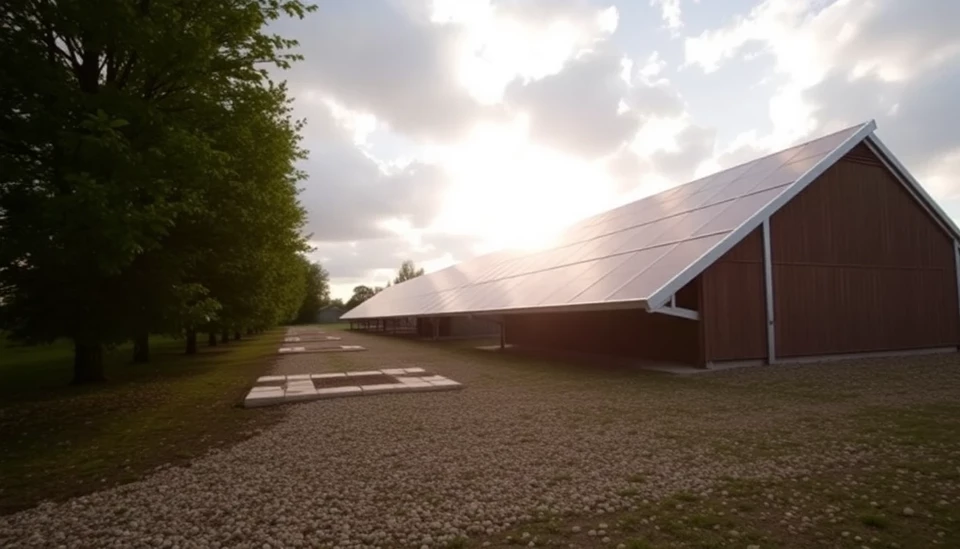
In a groundbreaking move to address the escalating concerns of climate change, the United Kingdom has announced a substantial investment of $10 million towards a study exploring innovative methods to block sunlight—a strategy known as solar geoengineering. This ambitious project aims to investigate the potential of this controversial approach to reverse the detrimental impacts of global warming.
The research initiative, launched by the UK government, is driven by the urgency of climate change and the pressing need to explore unconventional solutions. The study is set to delve into various techniques of solar radiation management (SRM), most notably the idea of deploying aerosols in the stratosphere to reflect a portion of solar radiation back into space. This concept, while theoretically promising, raises significant ethical, environmental, and governance questions that necessitate thorough examination.
Announcing the study, climate minister Graham Stuart stated, "We need to explore all options on the table, and while we prioritize reducing emissions, we also need to assess how innovative technologies can complement our efforts." The focus will be on both the scientific aspects of solar geoengineering and its societal implications.
This initiative comes at a time when global temperatures continue to rise, posing severe threats to ecosystems and livelihoods worldwide. The UK government has underscored the importance of proactive measures, highlighting that even with significant emissions reductions, some level of global warming is likely inevitable. They believe that investigating solar geoengineering can provide useful insights and potentially augment existing climate strategies.
Initially, the funding will support a series of workshops and collaborative efforts among scientists, policymakers, and ethicists to build a robust framework for solar geoengineering research. By involving diverse stakeholders, the UK aims to create a balanced perspective on the potential benefits and risks associated with solar radiation management methods.
The initiative has sparked a mix of enthusiasm and skepticism within the scientific community. Proponents view it as a necessary step towards innovative climate solutions, while critics warn of the unknown consequences of manipulating Earth's climate systems. Concerns about governance, the possibility of unequal impacts in different regions of the world, and moral hazard—where reliance on geoengineering may diminish efforts to reduce greenhouse gas emissions—have been raised as critical points for consideration in the ongoing discussions surrounding the study.
To ensure transparency and public engagement, the UK government promises to keep lines of communication open with the general public and environmental organizations as the study progresses. This commitment to accountability and oversight is pivotal in building trust among communities that may be affected by geoengineering technologies.
As ongoing climate crises manifest through extreme weather events and rising sea levels, the discussion surrounding solar geoengineering and its implications becomes increasingly relevant. The UK's investment marks a significant step in embracing unconventional approaches to combat an existential threat that impacts all nations. The outcomes of this research could potentially redefine global climate strategies for years to come, offering new avenues alongside traditional methods of emissions reduction.
In conclusion, the $10 million research initiative by the UK signifies a noteworthy shift towards exploring solar geoengineering as a viable tool in the fight against climate change. While the approach is laden with complexities and uncertainties, it represents a crucial opportunity to broaden our understanding and capabilities in tackling one of humanity’s greatest challenges.
#ClimateChange #SolarGeoengineering #UKGovernment #GlobalWarming #InnovativeSolutions #SustainableFuture #ClimateAction
Author: Sophie Bennett




